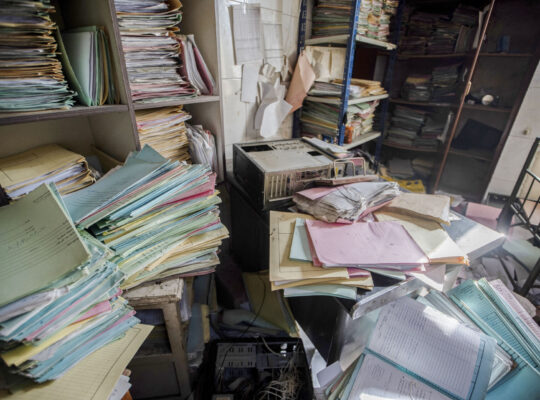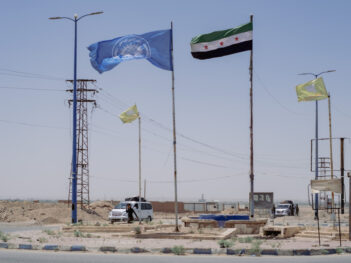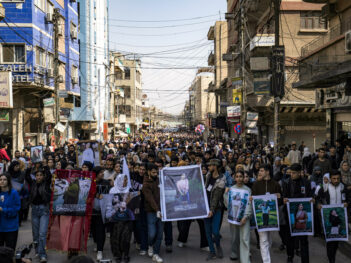
Assad

Democracy in Syria?
The new Syrian government’s base is narrow and its politics sectarian. No “state” can unify a nation while aggressively alienating wide segments of its people, nor has it any right to demand patriotism from others if it displays none itself.

Assad's Tech Blind Spot
Bashar al-Assad's security state, once a fearsome apparatus, proved brittle and backward in the information age. Built on loyalty and corruption rather than competence, it failed to adapt to modern threats before collapsing altogether.

The Twisting Path to Syrian Reunification
Despite a landmark agreement between Syria’s new government and Kurdish-led factions, the country remains fractured and vulnerable to jihadist resurgence. Negotiations over security coordination and political integration have stalled amid deep mistrust, while Islamic State group attacks and U.S. pressure increase.

After a Century, the Question of the Kurds’ Place in Syria Remains Unresolved
Since the end of the Ottoman era a century ago, the question of the Kurds’ place in Syria has been shaped by a complex history of integration, separatism, oppression and struggle. It suggests that the recent deal between the Kurdish Syrian Democratic Forces and Damascus may prove to be fragile.

Massacres on the Syrian Coast
Firsthand accounts of the recent massacres on Syria’s coast reveal lingering sectarianism and a post-Assad regime that has not yet come to terms with its role as a government for all Syrians.

How Assad’s Trade in Captagon Fueled His Downfall
The Assad regime’s manipulation of the Captagon trade, combining industrial-scale production with carefully crafted counternarcotics rhetoric, staged seizures and inflated statistics, gave the illusion of a crackdown. But the regime’s reliance on Captagon to reinforce its hold on power prompted a backlash from neighboring states and hastened its collapse.

Three Stories From the Night the Syrian Regime Collapsed
The Syrian regime’s fall just over a month ago was met with excitement, joy, trepidation and anxiety. Three Syrians speak of the complex emotions they felt on that fateful night.
